This vocabulary list is for reference only. Your Lexical Resource scores are calculated based on the overall level of vocabulary used in your writing and speaking answers. To improve your Lexical Resource scores, it is necessary that you improve your overall level of vocabulary.
However, skillfully incorporating these words in your writing and speaking answers together with a good vocabulary level will increase the chance of enhanced Lexical Recourse scores.
Vocabulary list
1. Climate Change and Its Consequences
| Word/Phrase | Type | Meaning | Example |
|---|---|---|---|
| Carbon footprint | Noun phrase | Total amount of greenhouse gases emitted | Individuals can reduce their carbon footprint by using public transportation. |
| Deforestation | Noun | Clearing of forests for agriculture or development | Deforestation contributes to climate change and loss of biodiversity. |
| Emissions | Noun | Release of gases into the atmosphere | Carbon emissions from cars contribute to air pollution. |
| Global warming | Noun phrase | Increase in Earth’s average temperature | The effects of global warming are becoming increasingly evident. |
| Greenhouse effect | Noun phrase | Trapping of heat in the Earth’s atmosphere | Carbon dioxide contributes to the greenhouse effect. |
| Melting ice caps | Noun phrase | Reduction of polar ice due to warming | Melting ice caps lead to rising sea levels. |
| Climate resilience | Noun phrase | Ability to withstand and recover from climate-related challenges | Building climate resilience is crucial for vulnerable communities. |
| Extreme weather events | Noun phrase | Severe and unusual weather occurrences | Hurricanes and droughts are examples of extreme weather events. |
2. Pollution and Environmental Conservation
| Word/Phrase | Type | Meaning | Example |
|---|---|---|---|
| Air quality | Noun phrase | Level of pollutants in the air | Monitoring air quality is essential for public health. |
| Biodiversity | Noun | Variety of plant and animal life | Protecting biodiversity is crucial for ecosystem stability. |
| Conservation | Noun | Protection and preservation of natural resources | Conservation efforts aim to safeguard endangered species. |
| Environmental degradation | Noun phrase | Deterioration of the environment | Environmental degradation threatens ecosystems worldwide. |
| Landfills | Noun | Sites for waste disposal | Recycling reduces the amount of waste sent to landfills. |
| Plastic pollution | Noun phrase | Accumulation of plastic in the environment | Plastic pollution harms marine life and ecosystems. |
| Renewable resources | Noun phrase | Natural resources that replenish over time | Solar and wind energy are renewable resources. |
| Sustainable development | Noun phrase | Development that meets present needs without compromising future generations | Sustainable development balances economic growth with environmental protection. |
3. Renewable Energy Sources
| Word/Phrase | Type | Meaning | Example |
|---|---|---|---|
| Biomass | Noun | Organic material used for energy production | Biomass energy is derived from plant and animal waste. |
| Geothermal energy | Noun phrase | Heat from the Earth’s interior used for energy | Geothermal energy is harnessed for heating and electricity generation. |
| Hydroelectric power | Noun phrase | Electricity generated from flowing water | Hydroelectric power is a clean and renewable energy source. |
| Solar panels | Noun phrase | Devices that convert sunlight into electricity | Many households install solar panels to reduce energy costs. |
| Wind turbines | Noun phrase | Devices that convert wind energy into electricity | Wind turbines are a common sight in windy regions. |
| Carbon-neutral | Adjective | Having no net release of carbon dioxide | Carbon-neutral practices aim to offset carbon emissions. |
| Energy efficiency | Noun phrase | Using less energy to accomplish tasks | Improving energy efficiency reduces reliance on fossil fuels. |
Idioms for Speaking
These are idioms and phrases that use topic-related figures of speech. They can also be used in different contexts.
| Idiom | Definition | Example |
|---|---|---|
| A drop in the ocean | A very small amount compared to what is needed. | “Recycling one plastic bottle is good, but it’s just a drop in the ocean in addressing pollution.” |
| At a crossroads | Facing a critical decision or a crucial point in a situation. | “As a society, we are at a crossroads in terms of choosing sustainable practices for the environment.” |
| Down to Earth | Realistic, practical, and sensible. | “We need down-to-earth solutions to combat climate change and protect the environment.” |
| Eco-friendly | Environmentally friendly or not harmful to the environment. | “More companies are adopting eco-friendly practices to reduce their carbon footprint.” |
| Go green | To adopt environmentally friendly habits or practices. | “Many individuals are making an effort to go green by reducing waste and using sustainable products.” |
| Green thumb | A natural skill or talent for gardening or caring for plants. | “My grandmother has a green thumb; her garden is always thriving with beautiful flowers.” |
| In the same boat | Facing the same challenges or being in the same difficult situation. | “When it comes to climate change, we’re all in the same boat; we need global cooperation.” |
| On thin ice | In a risky or dangerous situation. | “With the melting ice caps, polar bears are on thin ice in terms of their habitat and survival.” |
| Plant the seeds | To initiate a process or start something that will develop over time. | “Educating children about environmental conservation is a way to plant the seeds for a sustainable future.” |
| Rain on someone’s parade | To spoil or ruin someone’s plans or mood. | “The news of deforestation can rain on the parade of those working towards forest preservation.” |
| The tip of the iceberg | A small, visible part of a much larger problem. | “The polluted river is just the tip of the iceberg; there are deeper environmental issues to address.” |
| Throw in the towel | To give up or surrender in the face of difficulties. | “We can’t afford to throw in the towel on environmental conservation; we must persist in our efforts.” |
| Up in the air | Uncertain or undecided. | “The future of the endangered species is still up in the air as conservation efforts continue.” |
| Walk on eggshells | To be cautious and sensitive about a delicate situation. | “When discussing environmental policies, politicians often have to walk on eggshells to avoid controversy.” |
| Watch the world go by | To observe without taking action; to be passive or indifferent. | “We can’t just watch the world go by while climate change continues; we must actively address it.” |
| Waste not, want not | If you use a commodity or resource carefully and without extravagance, you will never be in need. | “Waste not, want not – it’s essential to conserve resources for future generations.” |
| In full bloom | Thriving, flourishing, or at the peak of development. | “The community garden is in full bloom, showcasing a variety of vibrant and healthy plants.” |
| The grass is always greener on the other side | People tend to covet what they don’t have. | “People often think the grass is always greener on the other side, but we should appreciate and protect our own environment.” |
| Tread lightly | To be cautious and minimize one’s impact on the environment. | “When hiking in natural areas, it’s important to tread lightly to preserve the ecosystem.” |
| All talk and no action | Expressing intentions without backing them up with real efforts or deeds. | “Promising environmental policies are meaningless if they turn out to be all talk and no action.” |


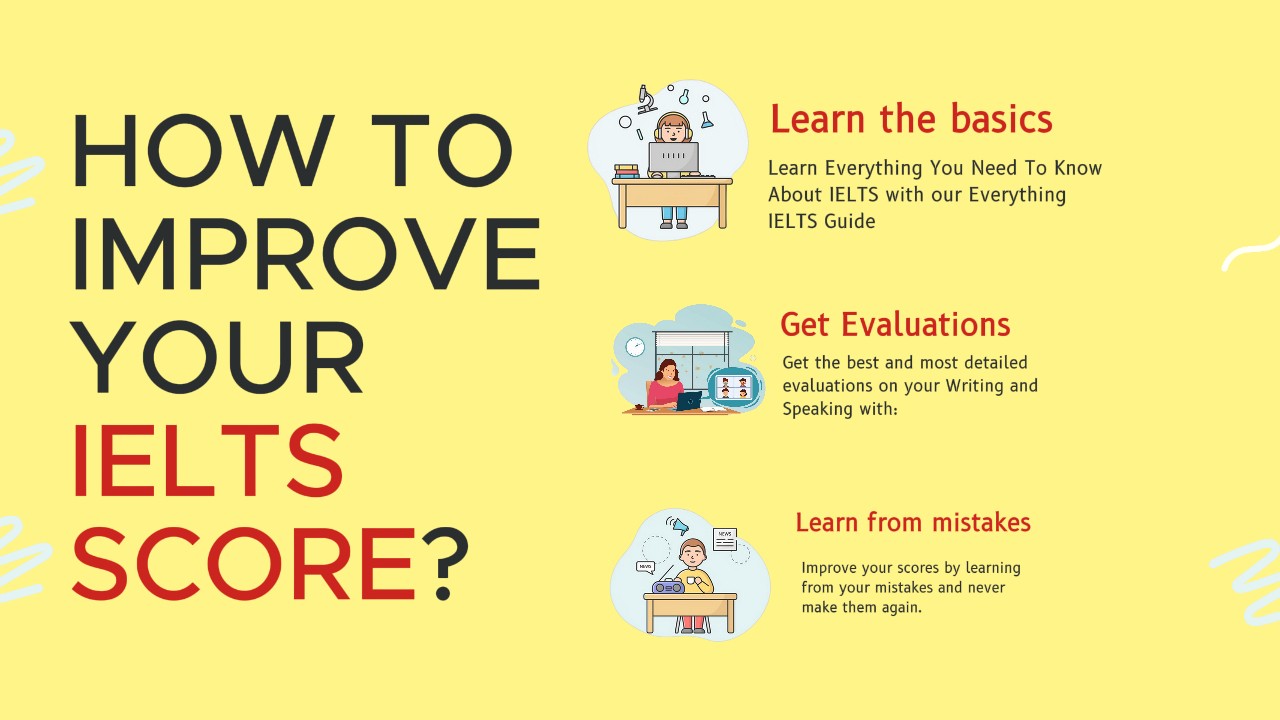
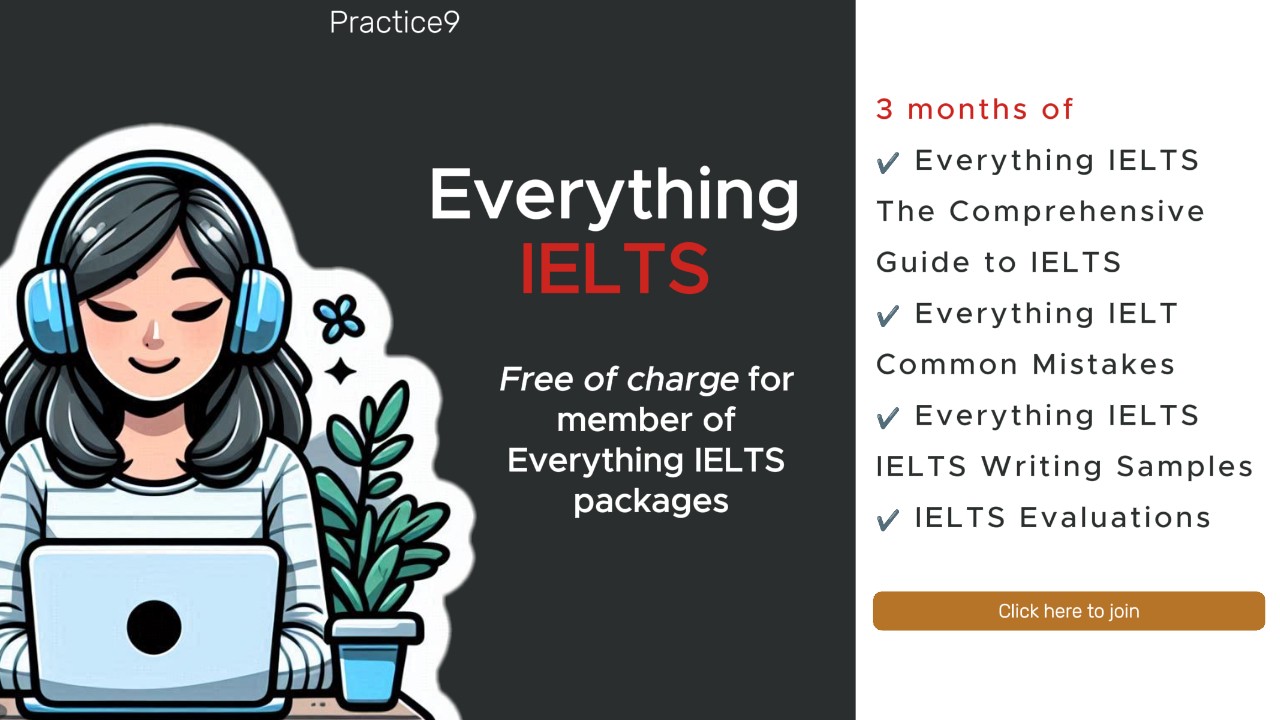
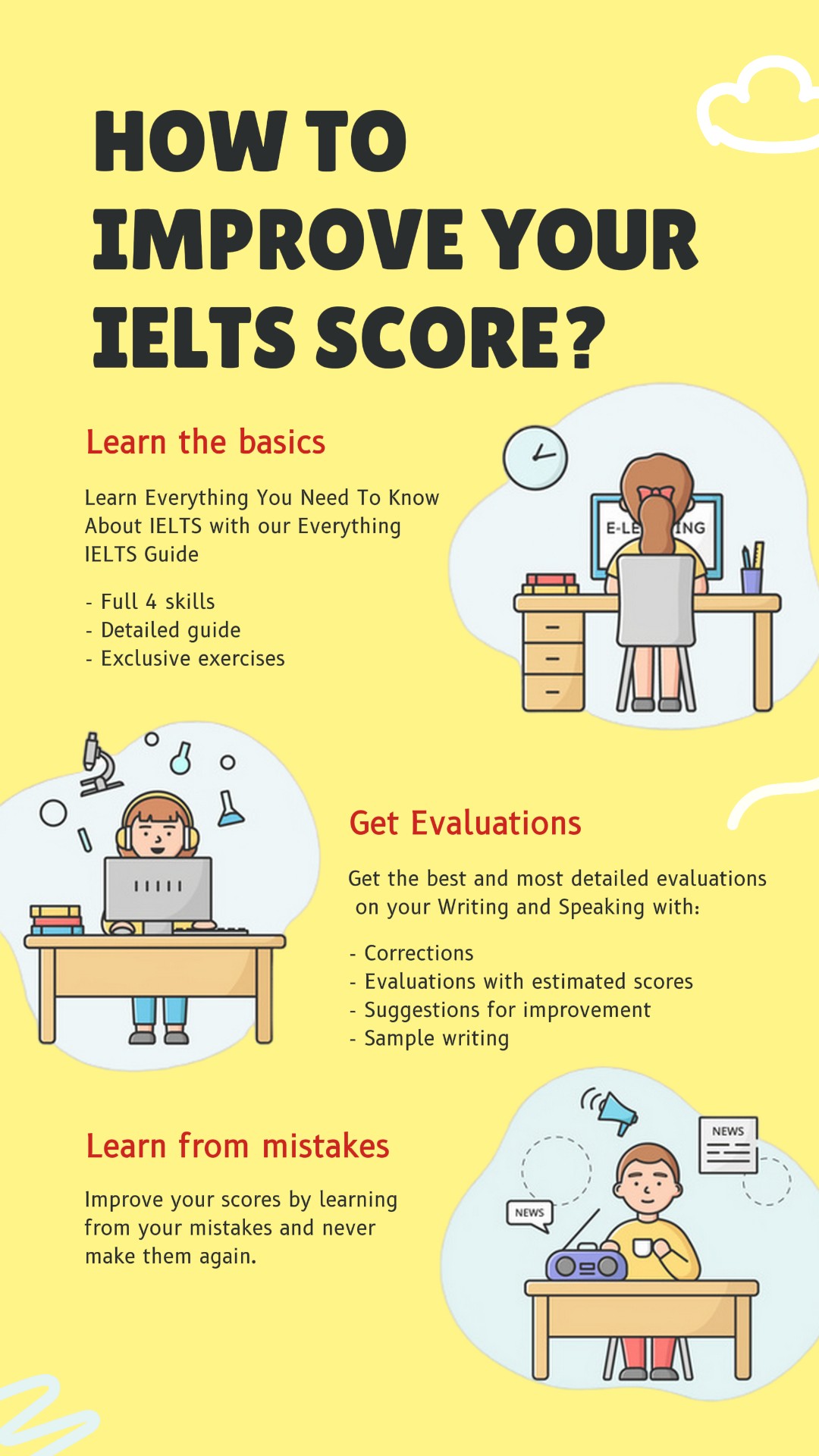
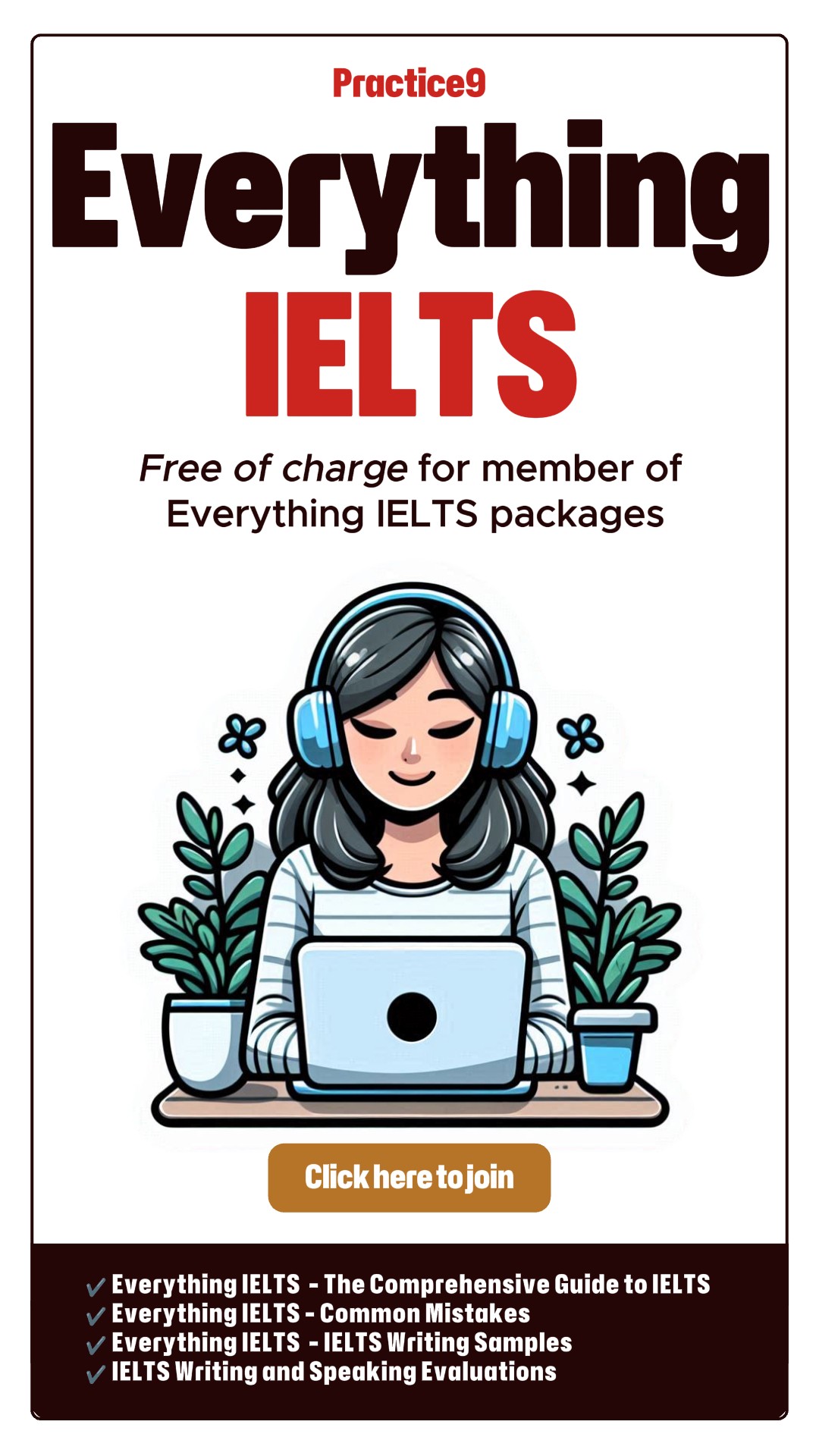

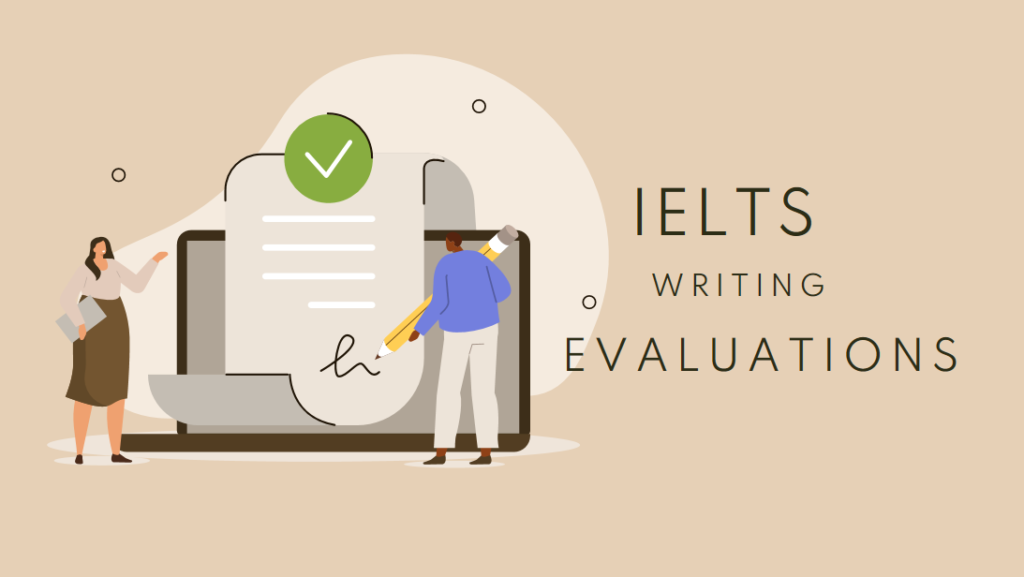
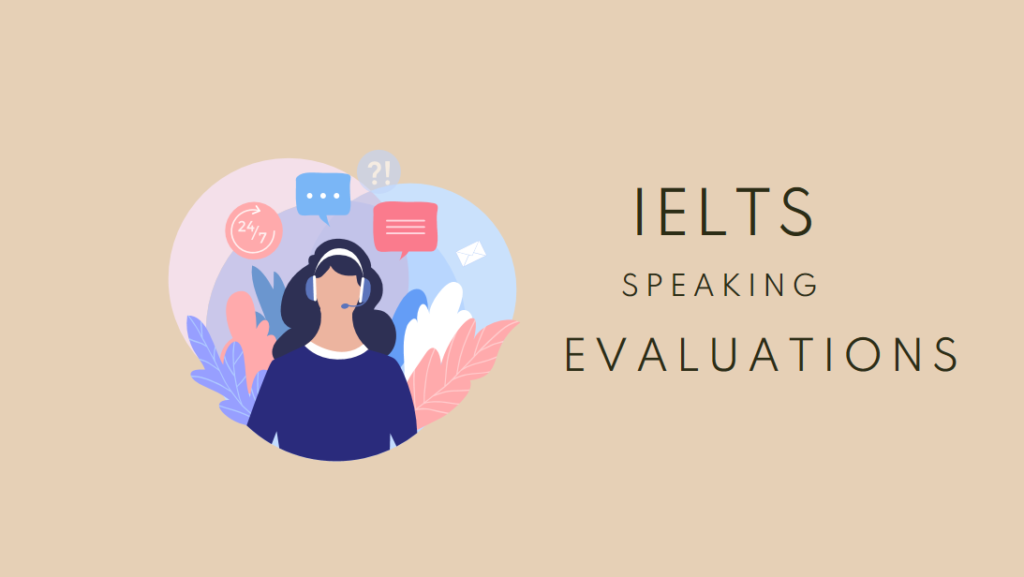
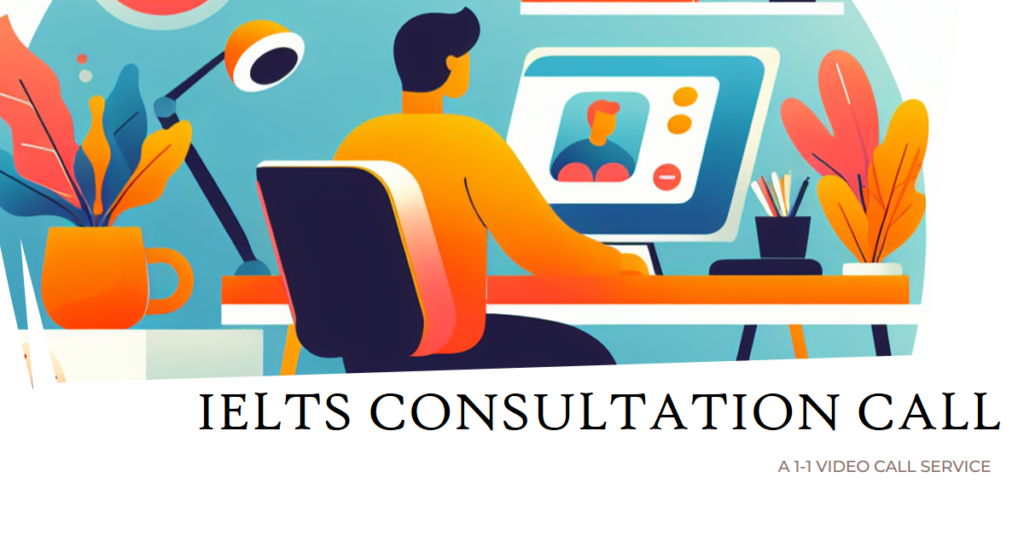

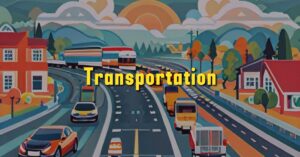


Responses